This year, according to my birth certificate, I’ll turn 28. But in my head, I’m still 25.
Apparently this is a fairly common phenomenon. A brilliant essay by Pulitzer winner Jennifer Senior, and the accompanying Twitter thread, show I’m not alone. We all tend to think we’re younger than we are.
But in my case, it’s not that I still feel 25. It’s more that I haven’t really registered any birthday since.
If you ask me what year it is, I have to stop myself from saying ‘2020’.
And it makes sense. There’s a lumbering, tired elephant in the room whenever that year comes up: Covid.
No one wants to talk about it. No one wants to read about it. It’s done. Right?

Still, a month’s time will mark three years since the UK first went into a ‘three-week’ lockdown.
And although so much has happened since – umpteen strikes, a cost-of-living crisis, god knows how many prime ministers, and a war in Ukraine which has today hit a tragic year-long mark – I feel that somehow I’m still stuck in 2020, wearing a party hat in my childhood bedroom, toasting 25 years on the planet with my friends through the blue-light glare of my laptop screen.
The pandemic, I keep hearing, is over.
But when did it end? I don’t remember. I’m not convinced that it really did.
Move on from the pandemic? I’m still waiting to exhale
We had ‘Freedom Day’, of course. But then wasn’t there another lockdown after that? Or a resurge, or a new variant?
Just five months ago, WHO director Dr Tedros Adhanom Ghebreyesus issued a statement saying the end of the pandemic was ‘in sight’ but ‘we’re not there yet’.
And yet we are, for all intents and purposes, ‘back to normal’. There can be no closure, because it’s not done yet; but we should feel free to move on with our lives.
That’s the part I can’t seem to do.
Even now, I still feel this sense of waiting to exhale, as if the rug is going to be swept out from underneath me again at any moment. Some days, the feeling is overwhelming; crushing.
That’s when I see it for what it is: grief, and yet not my grief to claim.
More than six million people have died from Covid. And each of us, young and old, fit and frail, had to face the reality that we could be one of them.
Then, after months and months of relentless, horrifying updates, it all just… sputtered out.
No more briefings, no more broadcasts, no more rules. Great.
But where was the mourning?
National grief isn’t just for dead monarchs
When the Queen died last year, there was an outpouring of national grief. Flowers were laid, gifts were sent, vigils were held, all for someone most people did not personally know.
A grand funeral was thrown, supposedly to allow Brits the opportunity to mourn both a woman and the end of an era, before the crown could be passed on.
But what of all the nameless dead, who left this world alone, afraid and in pain in the last three years?
What of the lives each of us knew before they were cracked down the middle by nearly two years of solitude?
When do we get to mourn them, together, with a day on the calendar and a speech from someone on a podium and too much money spent on a symbolic gesture?
It wouldn’t bring those people, or those years, back; I know that. But it would be something.
Because right now, the collective cognitive dissonance – ‘it’s not over, but it’s in the past’ – feels so strange that I can’t decide if it’s a feat of human resilience or a terrifying indictment of critical thinking’s last breath.
The ‘end of the pandemic’ has felt like a long line of false springs. But my birthday comes around in barbecue weather.
And until we take the time to lay everything we lost to rest, I fear I’ll be 25 each time it does.
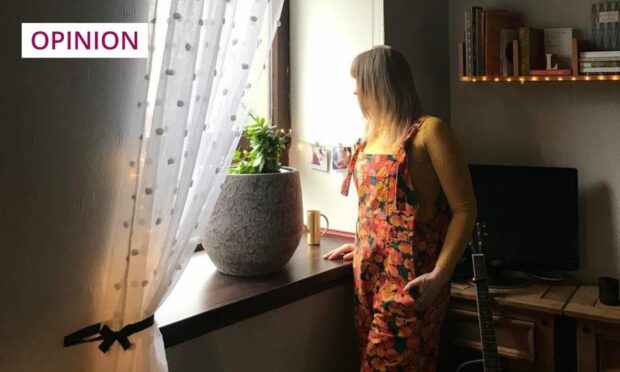
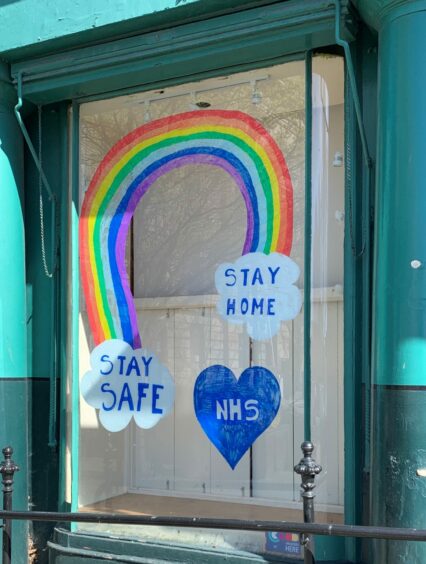
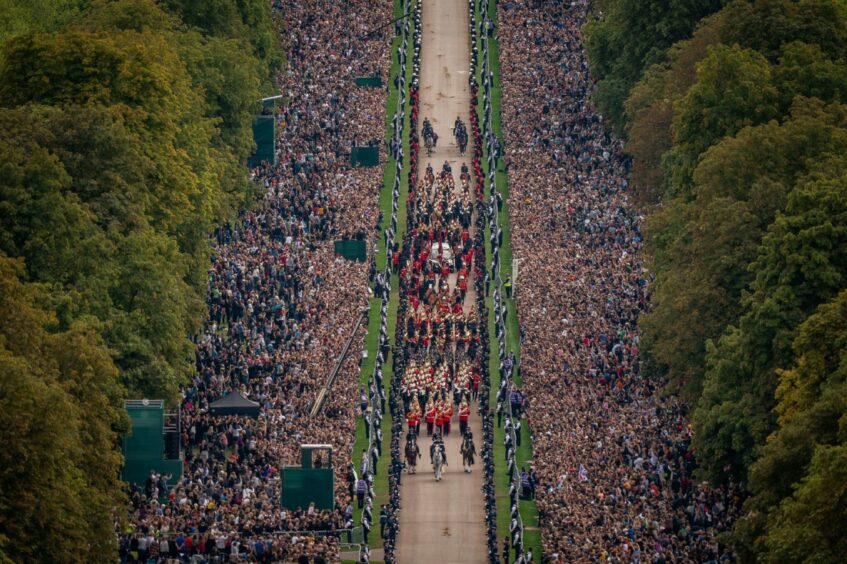
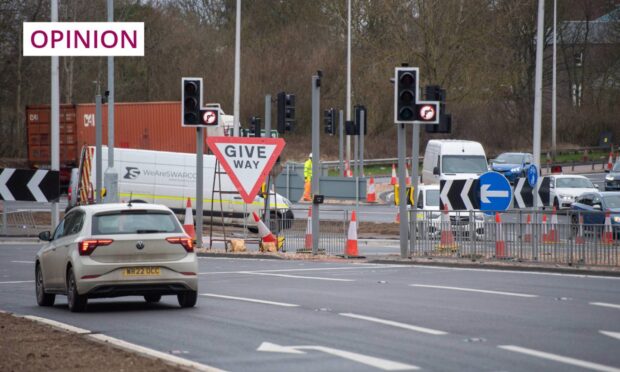
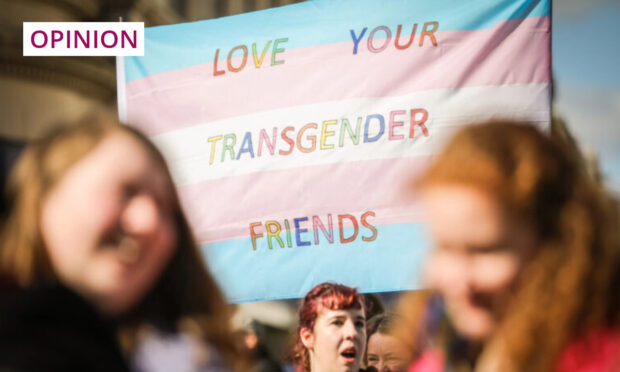
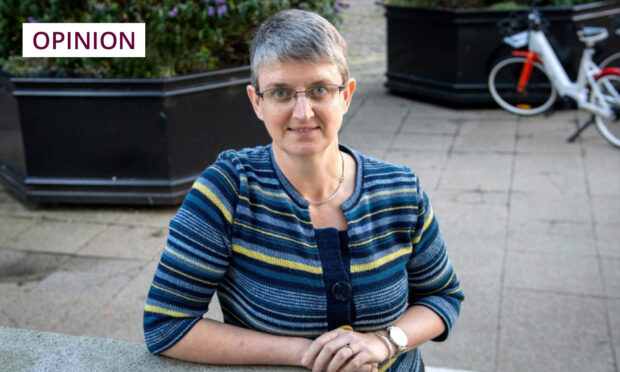







Conversation